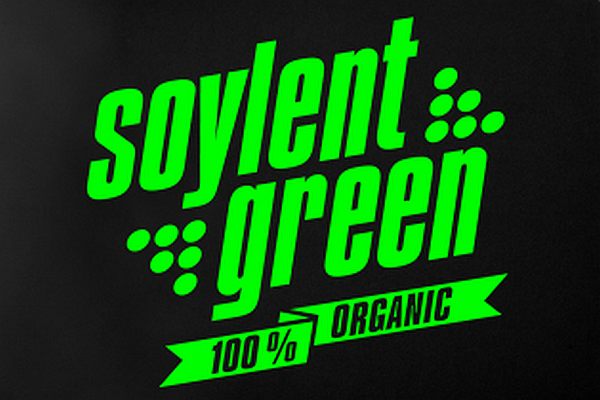While I certainly wouldn't try to use it as a substitute for eating real food, I can see its value as a supplement to stretch out food stores in emergencies or as an "extender" when on the road and unable to prepare a full meal. It's just a sport shake.
And people, please, enough with the "I don't know what the hell that is!" and "If I can't pronounce it, I'm not gonna eat it!" declarations after reading a list of ingredients. The vast majority of components (chemicals) in the food you eat and in your own body have big alien scary-sounding names with lots of numbers and hyphens mixed in. That's because they're chemical names, usually IUPAC (International Union of Pure and Applied Chemistry) names, which are full descriptions of the molecule's composition and structure. A long polysyllabic name does not necessitate that it was a freakish unnatural compound derived from toxic waste in an underground lab staffed by the descendants of Dr. Frankenstein and Sauruman. They're just giving the exact identity of the compounds; whether they're of natural or synthetic origin and whether they're safe or even essential nutrients or not cannot be gleaned from the name unless you know the chemistry in question.
Penn & Teller circulated a street petition calling for a ban of a chemical compound widely used in industry that can be directly be linked to property damage, injury, and millions of deaths every year worldwide, and they got hundreds of signatures to ban this terrible chemical, dihydrogen oxide.
Which is the chemical name for water.












































































